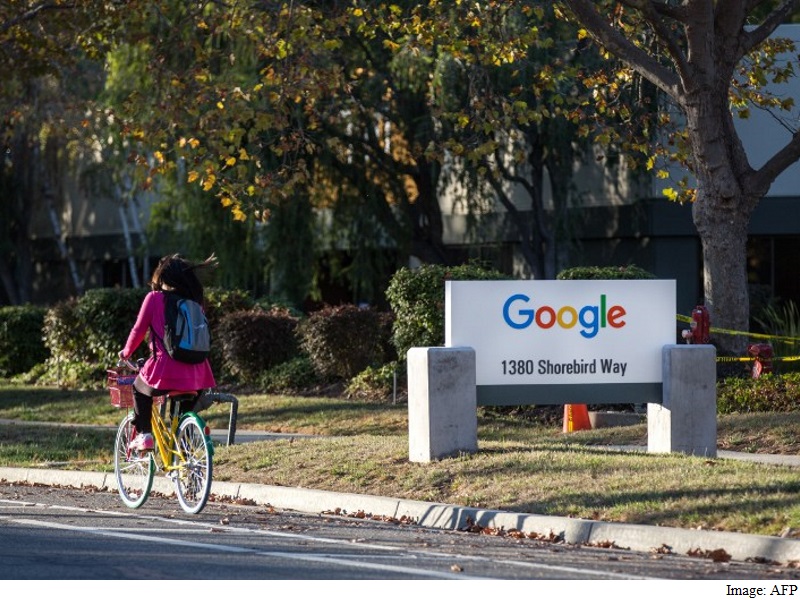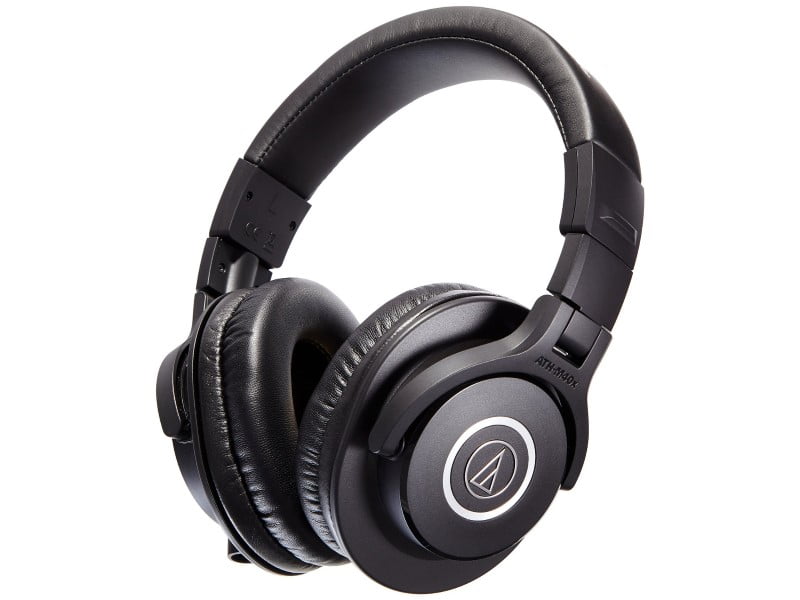
For more than a decade, Internet search and advertising giant Google, now a unit of holding company Alphabet Inc, has sparred with competitors in an expanding range of industries from Internet to media to telecoms to automobiles.
It has also battled with judges and regulators.
After fending off charges of anti-competitive behaviour for many years, the Silicon Valley company has, since 2014, seen the tide swing against it in several antitrust cases worldwide.
On Tuesday, Canada’s Competition Commission closed an inquiry into Google’s search and advertising practices dating from 2013.
The European Competition Commission is expected on Wednesday to charge Google with anti-competitive charges concerning its Android mobile phone operating system, two people familiar with the matter said.
A timeline of Google competition cases follows:
2007 – USA
Competitors and consumer groups push US Federal Trade Commission to investigate Google’sacquisition of online display advertising firm DoubleClick. FTC signs off on deal but warns it will monitor Google closely for anticompetitive practices.
2008 – USA
Google and Yahoo abandon pact to run Google search ads on Yahoo sites after US Justice Department moved to block deal saying the two competitors would dominate online ad market.
2009-2010 – Europe
Rivals and industry trade groups file complaints against Google to a variety of national regulators in Europe, citing competition concerns.
2010 – Europe
European Commission launches formal antitrust probe of Google search business, which continues.
2013 – USA
The FTC drops a two-year antitrust probe of Google, concluding it has not manipulated search results to hurt rivals. Google had to agree to certain changes in search business practices in local search, advertising and with regard to licensing patent portfolio to mobile phone makers.
2013 – South Korea
Korean Fair Trade Commission clears Google after two-year antitrust inquiry brought by local search rivals NHN (now Naver) and Daum (now Kakao), which dominate the country’s search market. The FTC finds the rival companies’ market share changed little despite Google’s pre-loading requirements for its apps on Android phones. Smartphone makers defend Google’s role in Android as saving them time and money.
2013 – Brazil
Brazilian antitrust watchdog CADE investigates whether Google unfairly scrapes the content from rival websites, discourages their advertisers and favours its own product listings in search results.
2013-2014 – Europe
Back and forth ensues between Google and EU over terms of a potential settlement that would have ended European Commission antitrust probe. Competitors complain Commission is letting off Google too easily. EU antitrust chief Joaquin Almunia eventually admits resolution of Google search case unlikely before his term expires later in 2014.
2014 – Europe
Mounting anti-Google feeling among European politicians is reflected in the passage of a symbolic, non-binding resolution calling for the break-up of Google’s search engine business from the rest of the company. The motion, which does not mention Google explicitly by name, passes with 384 in favour to 174 votes against.
2015 – Europe
New EU Antitrust Chief Margrethe Vestager charges Google with distorting its search results to favour its own shopping service over rivals. European Commission also says it is investigating Google’s Android business, “scraping” on rival’s Web content and various advertising issues.
2015 – India
Competition Commission of India (CCI) concludes a three-year enquiry into Google’s paid search results. It accuses Google of abusing its dominant position in search in a report which has yet to be publicly released. CCI has received Google’s response but sets no timeline for a final decision.
2015 – USA
The US Federal Trade Commission opens a preliminary investigation into whether Google uses its Android operating system to dominate competitors as more consumers go mobile, sources told Reuters.
2015 – Europe
Russia’s anti-monopoly agency finds Google guilty of abusing its market position in the country by favouring its own apps on Android and requiring it to amend its contracts with smartphone makers. Google files a court appeal, which is rejected in March 2016.
2016 – Canada
The Competition Bureau closes a three-year long investigation into Google’s online search business, saying it will take no action against the company. The Canadian watchdog says it found evidence to support one allegation that Google had made it hard for advertisers to compare Google ad rates to rivals, but says the company has already remedied the practice.
2016 – Europe
European Competition Commission is expected on Wednesday to charge Google with favouring its own apps on Android phones, sources tell Reuters.
© Thomson Reuters 2016
Download the Gadgets 360 app for Android and iOS to stay up to date with the latest tech news, product reviews, and exclusive deals on the popular mobiles.













